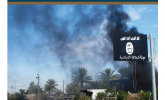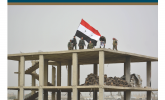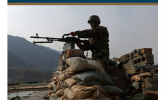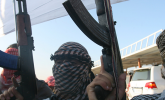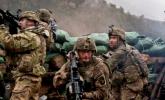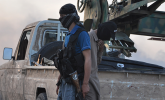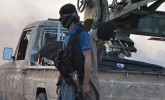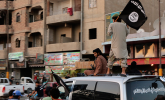Putin's Information Warfare In Ukraine: Soviet Origins of Russia's Hybrid Warfare
September 21, 2015 - Maria Snegovaya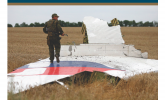
Russia has been using an advanced form of hybrid warfare in Ukraine since early 2014 that relies heavily on an element of information warfare that the Russians call “reflexive control.” Moscow has used this technique skillfully to persuade the U.S. and its European allies to remain largely passive in the face of Russia’s efforts to disrupt and dismantle Ukraine. The West must become alert to the use of reflexive control techniques and find ways to counter them if it is to succeed in an era of hybrid war.



